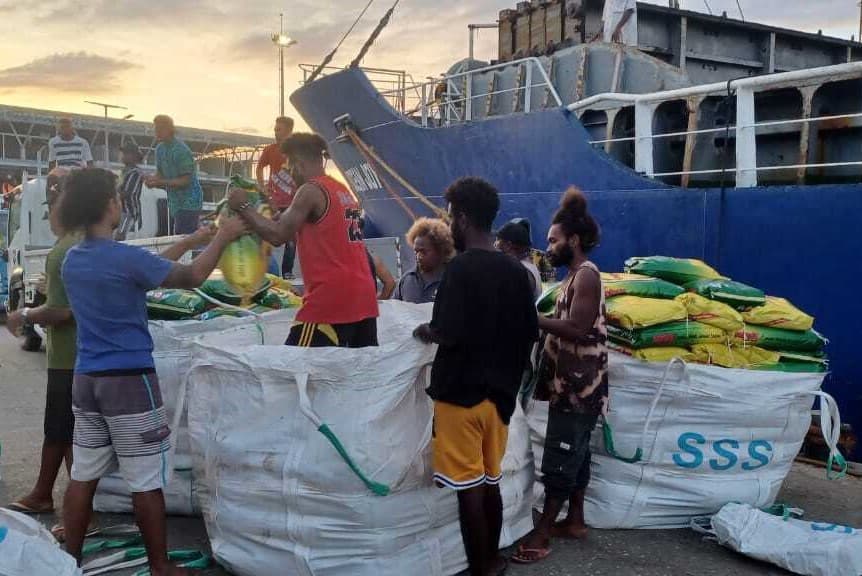US President Joe Biden designated former Ambassador Frankie Reed as the first-ever US Envoy to the Pacific Islands Forum in 2022. Beijing appointed Qian Bo in February 2023 as Special Envoy for Pacific Island Countries Affairs. And now, Canberra has also deployed a special envoy to the region, even though Australia has diplomatic representation in every Pacific country and territory.
Ewen McDonald is Australia’s inaugural Special Envoy for the Pacific and Regional Affairs. He has a long record as a former High Commissioner to New Zealand and a senior career officer in AusAID and the . . .
Please Subscribe to view full content...
